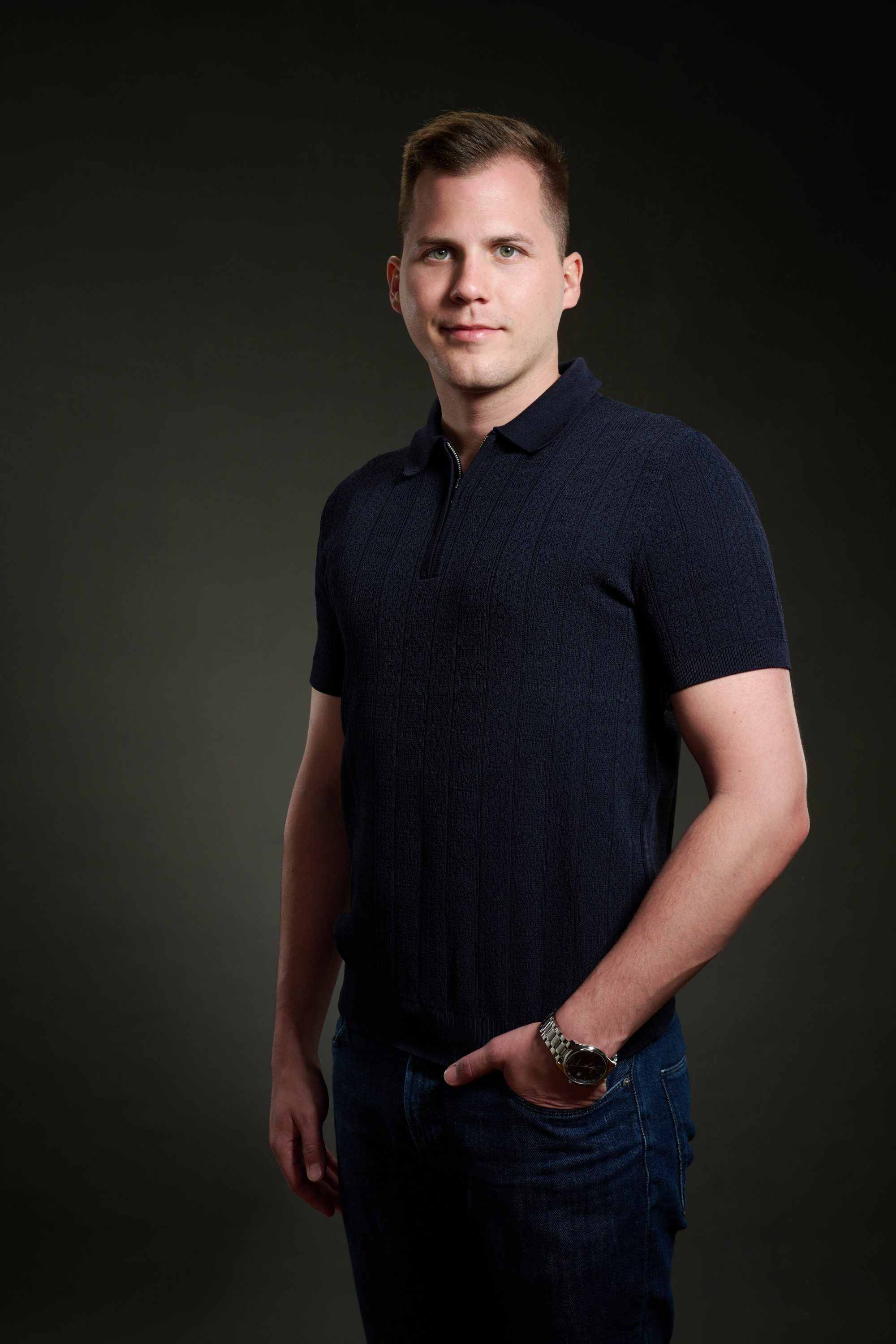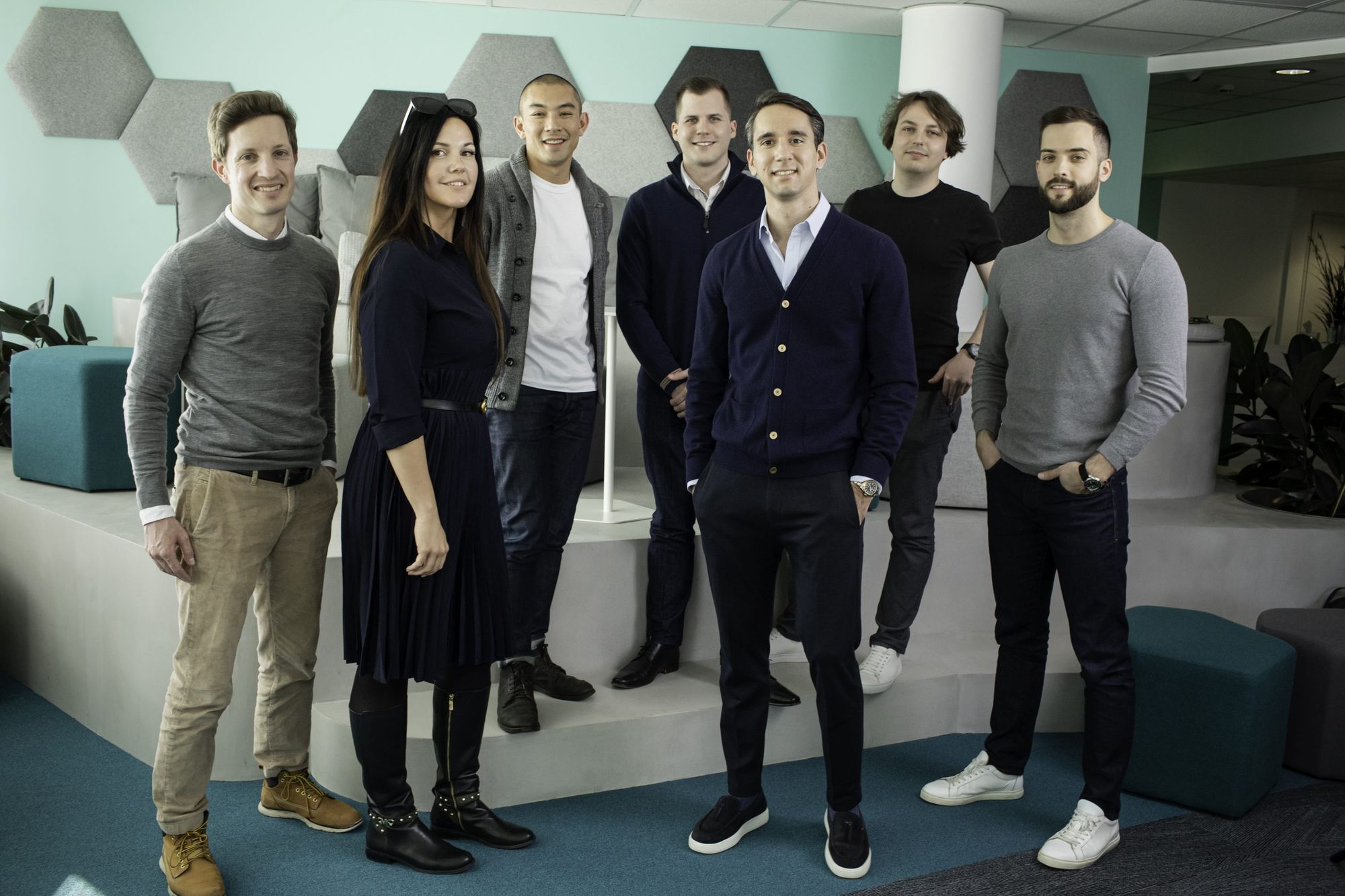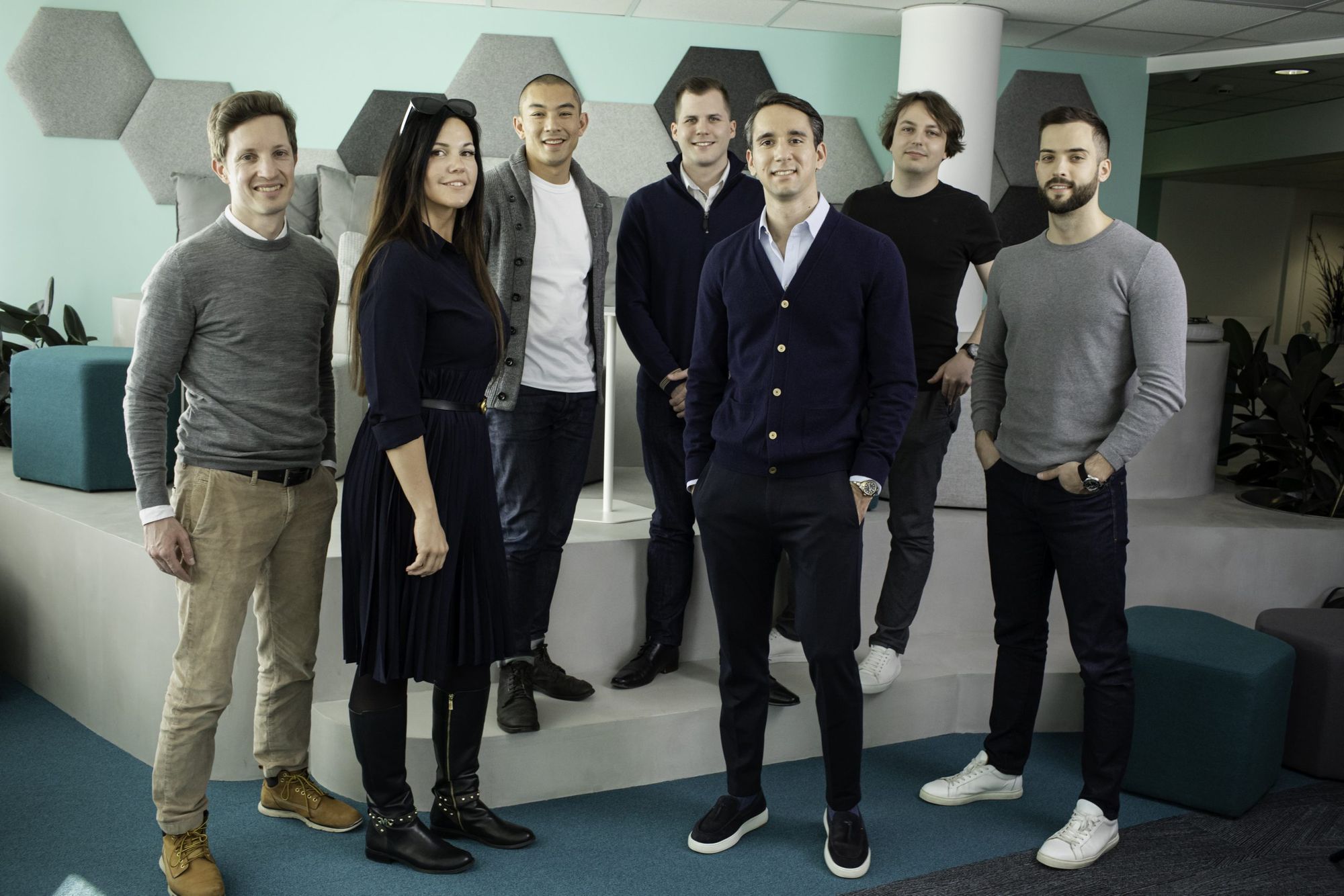Identity theft, multi-accounting, and psychological manipulation. In the world of FinTech, financial service providers, as well as users, can face many frauds. We asked Tamás Kádár, co-founder and CEO of SEON, about what FinTech is and why their startup is the best at preventing fraud in this area. Interview from Hype&Hyper.
You have been working in fraud prevention for more than five years. How can we imagine fraud in cyberspace? What is the most common fraudulent activity on Revolut, for example?
Cyber fraud can take many forms nowadays; we are always confronted with new techniques focusing on deception and psychological manipulation. Some of the most common forms of fraud include identity theft and social engineering, where fraudsters seek to manipulate users into handing over confidential data. Different sectors are characterized by different forms of fraud; while chargebacks and identity theft are the most common in the field of online lending and on the sites of payment service providers and acquirers, the risks of account abuse and money laundering are higher in the crypto and banking sectors. Multi-accounting means that fraudsters create multiple accounts to register on a platform to take advantage of and receive the bonuses offered after each registration. It is a typical form of fraud, especially in online betting and iGaming, but it is not rare in the tourism sector either. It is also important to be aware of the risks of transaction fraud, another constant source of threat. They can occur with all types of payments, either when we use our credit or debit cards or at interbank transfers.

I faced these issues myself, as our first joint project with Bence Jendruszák (co-founder of SEON) was developing a cryptocurrency exchange site when we were students. We encountered a lot of fraud attempts when processing card transactions; the fraudsters often tried to reclaim the transactions’ amount with stolen identities and credit card details, although all the customers appeared to be real based on their email addresses. After this experience, it soon became clear to us that we needed to integrate and use a fraud prevention system. That is how the idea of SEON was born in our minds.
SEON is a reputable, internationally well-known company that has attracted a lot of venture capital. What makes it unique and better than its competitors?
SEON’s unique digital „footprint” solution can quietly detect fraud and abuse in real-time for service providers and also end users from a vast amount of online interaction. We not only make things harder for fraudsters, but we can also reduce our clients’ related costs. What sets us apart from rivals is that SEON’s system can reveal users’ digital footprint based on their contact details, such as email addresses and phone numbers. In other words, our system comprehensively collects and analyses users’ profiles and additional online available information from other services in a split second. This process will typically show a multi-platform presence for trusted users, while for fraudsters, it will be incomplete or non-existent. Our system is easy to integrate, so we offer a suitable alternative in the fraud prevention market for small and medium-sized companies and enterprises.
What has been SEON’s greatest success so far, and what was the biggest challenge that the company has faced?
As the biggest success, I would highlight the steady company growth we have achieved over the last five years, which includes tripling our annual recurring revenue (ARR) in 2021 and quadrupling our headcount, while the Series B funding of $94 million raised in April 2022 gives us further scalability. Our entire operation is product-driven, and it is crucial that we work with investors who understand our services and help us grow into a market-shaping business on a global scale. This capital raising will greatly assist us in our further product development and expansion plans.

I think that one of the biggest challenges is also in the company’s scaling. We have to find the best employees who can contribute to SEON’s success with their expertise, experience, and attitude. Almost a year ago, we had barely 50 colleagues, but now we are over 270; we have offices and employees in Asia and the US, so building a corporate culture is essential now. It is crucial that people feel that they are part of a big, international team and are working every day towards a real, inspiring goal: a fraud-free future.
Artificial intelligence is a very catchy buzzword nowadays. But in what way does it exactly help SEON?
I believe that AI is a key element for any company working in fraud prevention, as it can greatly contribute to automating processes and making them more efficient. So, AI is an essential part of our product, and it is crucial for its further development too. At SEON, machine learning basically means a collection of artificial intelligence algorithms that define rules based on historical data and then apply these rules for blocking or allowing user actions, thus filtering out suspicious logins, possible misuse of personal data, and fraudulent transactions. When „training” the machine learning engine, we flag both previously fraudulent and non-fraudulent transactions to avoid false positives, thus, improving the accuracy of the rules. The longer the algorithms run, the more accurate the rule suggestions that the machine can work with. Nonetheless, it is important to clarify that machine learning and artificial intelligence are not exactly the same terms, although they are often used interchangeably. Although all forms of machine learning are considered artificial intelligence, not all artificial intelligence uses machine learning. So, artificial intelligence is a broader concept that aims to create a machine that simulates human thinking. Machine learning is, therefore, in fact, part of artificial intelligence, whereby machines can create rules and apply them without reprogramming and also learn from historical data.
How could we bring FinTech closer to laypeople?
I think the word „FinTech” might frighten many people, or perhaps people are afraid of the complexity of the solutions and technology that this word might imply, assuming they could not understand them easily. Yet most people today have been using FinTech for a long time, though they may not be aware of it. FinTech is an abbreviation for financial technology, meaning the latest generation of digital finance methods that can make financial services simpler, faster, and cheaper. Money transfers, payments, community lending, banking, or insurance are just some of the many areas that FinTech covers, or if I say „Revolut,” a company offering FinTech solutions, and by the way, one of our clients, it will surely ring a bell in the Hungarian market. I think besides average consumers, it is also crucial for companies to gain as much information as possible about the FinTech world, as there are many available solutions to help businesses digitize and make their products or services more efficient. Fortunately, there are now many ways to gather information; business development workshops, training programs, innovation competitions, and strategic consultancy services are available to help explore FinTech opportunities. In addition, print and online publications and magazines aim to present the latest digital trends to readers in straightforward and understandable ways. I would also like to highlight one of the most popular current trends in the FinTech world: augmented reality (AR). AR brings the experiential nature of the digital space to a new dimension with solutions taken from the game industry (gamification), drawing the average person even closer to this world. Notable examples are the Pokémon Go game that gained global popularity a few years ago or IKEA’s app that shows us the furniture we like in the place we want to put it. Research suggests that in the future, augmented reality and virtual reality could play an even more significant role in improving education, science, medicine, and even everyday life, including FinTech, regarding our finances. Whatever scenarios will happen for future technologies, unfortunately, fraudulent online activities, though maybe in a different form, will remain a part of them. So, we try to stay one step ahead of the fraudsters.
Tamás Kádár is co-founder and CEO of SEON; they founded the startup when they were still university students. He has a business informatics degree from the Corvinus University of Budapest and studied the area of „Deep Info Comms” when he first directly encountered the methods used by fraudsters and hackers to deceive companies’ serious security measures. Kádár was on Forbes’ „Hottest Young Startups in Europe” list, and he won multiple startup pitches. He is a passionate tech enthusiast, working on the creation of a fraud-free future.

Alina Pash – A good witch











